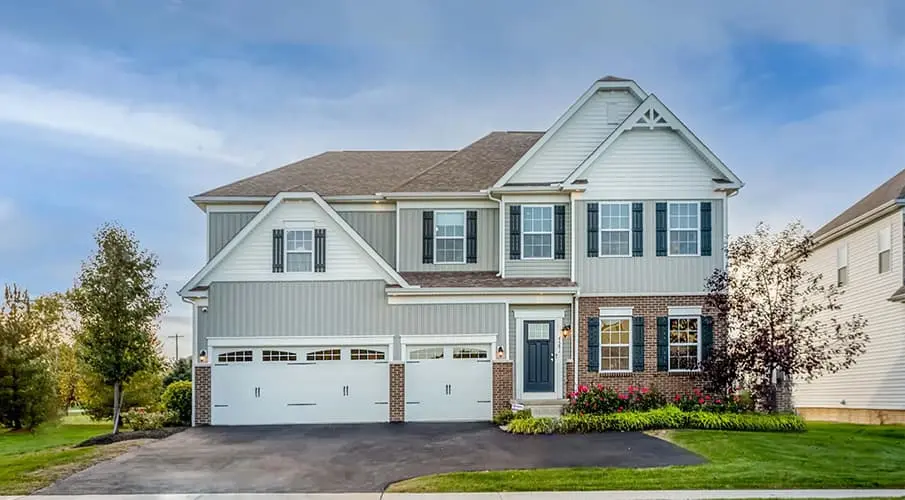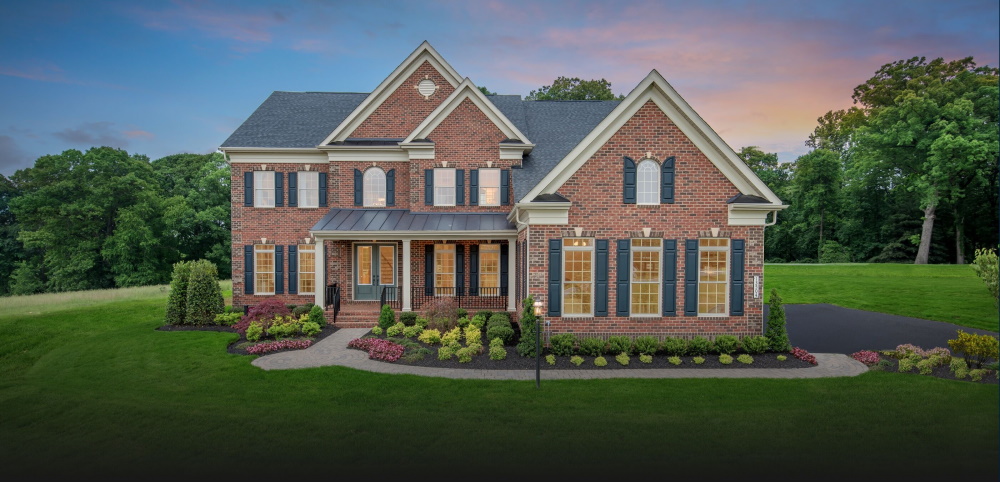What is TI in Real Estate?

In business genuine estate, tenant improvement (TI) plays an essential role in shaping leased spaces to meet tenants' particular needs. Whether it's a brand-new workplace area for an innovation business, a retailer, or an industrial facility, tenant enhancements permit services to develop an environment suited to their operations. The tenant enhancement allowance (TI allowance) is a key element in lease negotiations, affecting rental rates, lease terms, and the residential or commercial property's general value.
Tenant improvements, likewise referred to as leasehold enhancements, refer to modifications made to a rented residential or commercial property to accommodate a tenant's organization requirements. These improvements can range from structural changes to HVAC systems to electrical work, security systems, and more. Understanding the TI allowance, its monetary ramifications, and finest practices for managing building and construction expenses is vital for tenants and residential or commercial property owners.
This post checks out occupant enhancements, their significance in commercial genuine estate, and their impact on residential or commercial property worth, rental area, and long-lasting financial investment returns.
- Tenant enhancement allowance (TI allowance) is a considerable consider lease settlements and effects rental rates and lease terms.
- Leasehold enhancements, consisting of structural modifications, electrical systems, and conference rooms, accommodate an occupant's company requirements.
- Residential or commercial property owners utilize TI allowances to draw in premium renters and increase the residential or commercial property's value.
- TI tasks involve tough costs (e.g., building materials) and soft expenses (e.g., legal costs, necessary permits, and leasing commissions).
- Understanding occupant improvements' costs helps occupants and landlords handle spending plan expectations and potential expense overruns.
- TI allowances vary based upon square video, location, and the competitive market dynamics of industrial residential or commercial properties.
Understanding Tenant Improvement Allowance (TI Allowance)
Tenant improvement allowance (TI allowance) is the cash a residential or commercial property owner offers to an occupant to cover the expense of enhancements to a leased area. This allowance is typically negotiated as part of the business lease agreement and is affected by elements such as rental rate, lease duration, and the tenant's creditworthiness.
The overall dollar sum of the TI allowance differs based upon the kind of industrial residential or commercial property and the extent of enhancements needed. Residential or commercial property owners typically offer a TI allowance as an incentive to draw in potential renters, specifically in a competitive market. In many cases, property owners may likewise offer complimentary lease for a certain duration to offset building expenses.
The Role of Leasehold Improvements in Commercial Real Estate

Leasehold improvements consist of numerous modifications to a rented space to meet the occupant's special requirements. These improvements might consist of:
Structural modifications: Modifications to walls, ceilings, and floorings.
HVAC systems: Upgrading heating, ventilation, and a/c.
Electrical systems: Installing brand-new circuitry, lighting, and power outlets.
Security systems: Adding surveillance electronic cameras, keycard gain access to, and alarm systems.
Meeting spaces: Constructing meeting room or collaborative workspaces.
Wall coverings and surfaces: Enhancing visual appeals with brand-new paint, wallpaper, or paneling.
Leasehold improvements improve the performance and effectiveness of a rented area, making sure that it aligns with the tenant's service needs. Residential or commercial property owners typically invest in these improvements to keep reliable tenants and keep a high residential or commercial property value.
Financial Considerations: Hard Costs vs. Soft Costs
TI jobs include both tough costs and soft costs:
Hard costs: These consist of physical construction expenses such as products, labor, HVAC installation, plumbing, and electrical work.
Soft costs: These incorporate legal costs, style consulting, needed authorizations, renting commissions, and company guidance related to lease arrangements.

Understanding these expenses assists occupants and property managers manage the overall dollar sum of improvements, avoiding cost overruns and ensuring a balanced budget.
The Impact of Tenant Improvements on Residential Or Commercial Property Value
Tenant enhancements contribute to the long-term worth of a business residential or commercial property. Well-designed TI jobs can:
- Attract premium tenants ready to pay higher rents.
- Increase the residential or commercial property's cap rate, improving financial investment returns.
- Enhance the residential or commercial property's interest future tenants, minimizing vacancy rates.
- Support city development efforts by updating leased residential or commercial properties.
Moreover, residential or commercial property owners often structure TI allowances strategically, incorporating the cost into rental payments or utilizing a line of credit to finance enhancements.

Tax and Accounting Implications of TI Allowance

The cost of occupant improvements may have tax ramifications for both proprietors and occupants. Depending upon the lease terms, enhancements may be classified as:
Gross income: If an occupant gets a TI allowance as a lump amount, it may be considered taxable.
Capital enhancements: Some leasehold improvements may get approved for depreciation deductions on balance sheets.
Government agencies such as Fannie Mae, Freddie Mac, and the Department of Housing provide standards on how to treat renter improvements in genuine estate accounting.
Best Practices for Managing Tenant Improvements
To maximize the advantages of occupant improvements, occupants and property managers should follow these best practices:
- Conduct extensive lease settlements to protect favorable TI allowances.
- Define vital terms in the lease agreement to prevent conflicts over the cost of enhancements.
- Obtain necessary licenses to make sure compliance with regional structure regulations.
- Work with skilled realty agents to evaluate the fair market price of TI allowances.
- Consider company operations and brand name identity when developing rented areas.
- Plan for future renters by implementing versatile styles that accommodate different company requirements.
Technology's Role in Tenant Improvements
Expert system technologies are changing TI projects by enabling more exact budgeting, forecasting construction costs, and automating lease settlements. AI-generated material, such as auto-generate actions to rent queries, assists simplify decision-making procedures for landlords and renters alike.
Tenant Improvements and the Future of Commercial Real Estate

With the increase of brand-new business space developments and increasing demand for customized office environments, tenant improvements will continue to play a significant role in the business realty sector. Residential or commercial property owners who invest in premium enhancements will remain competitive, bring in businesses seeking well-equipped rental residential or commercial properties.
Privacy policies, terms of usage, and cookies on business genuine estate sites likewise affect leasing decisions. A site run by a real estate firm ought to use clear information on TI allowances, lease terms, and service requirements to boost the occupant's experience.

Tenant enhancements are crucial to business lease agreements, forming the use, worth, and marketability of leased residential or commercial properties. The renter enhancement allowance is a financial tool that benefits renters and property owners by assisting in required adjustments to a rented area. From conference business requires to enhancing residential or commercial property value, TI jobs play an essential function in the long-term success of industrial genuine estate investments.
Understanding the balance between building costs, rental rates, and lease terms is necessary for making educated leasing choices. By leveraging finest practices, integrating innovative technology, and focusing on tenant-specific needs, residential or commercial property owners and renters can ensure a terrific experience in rented industrial residential or commercial properties.


